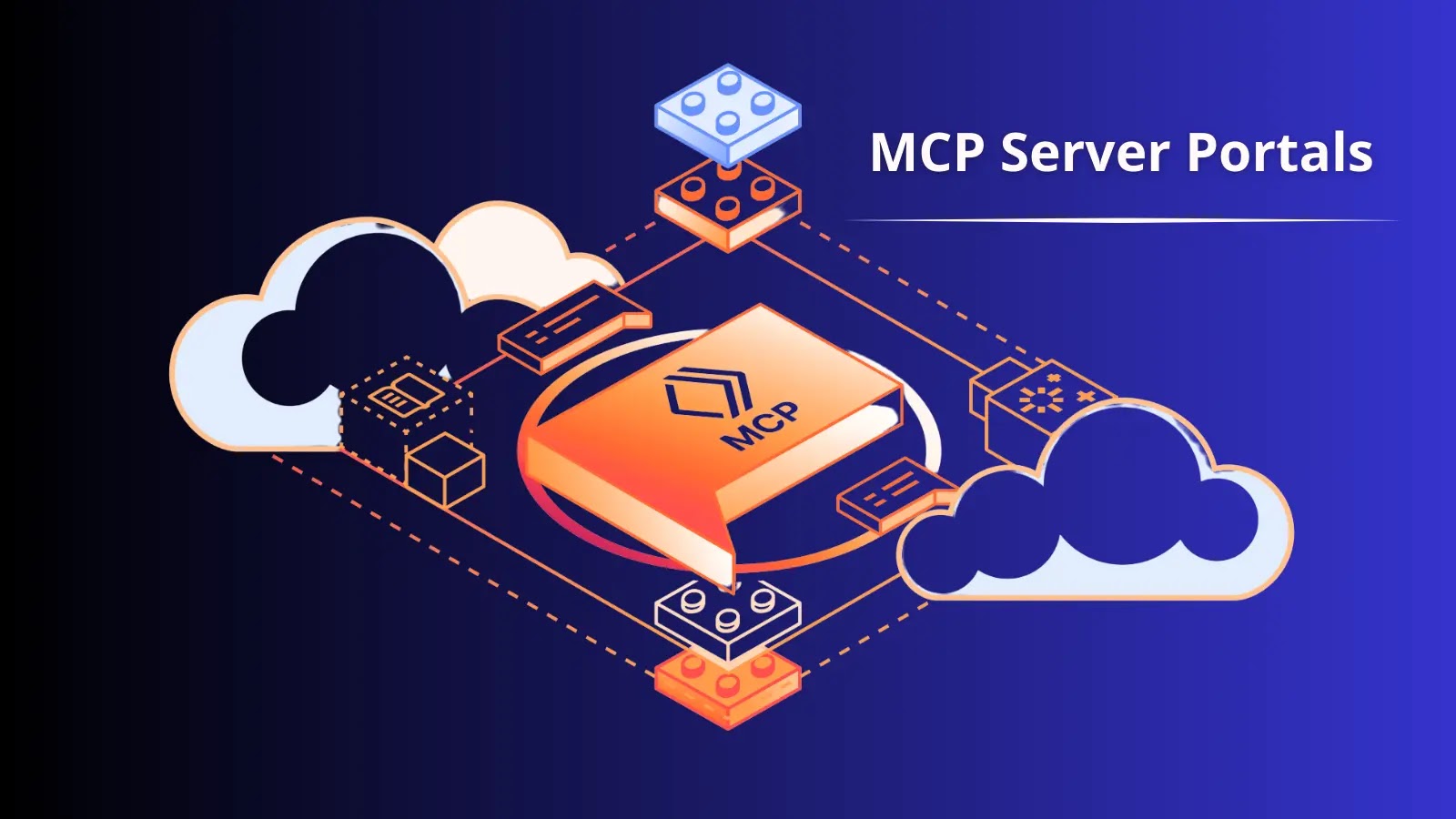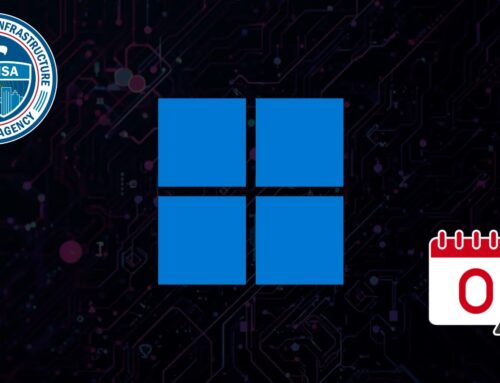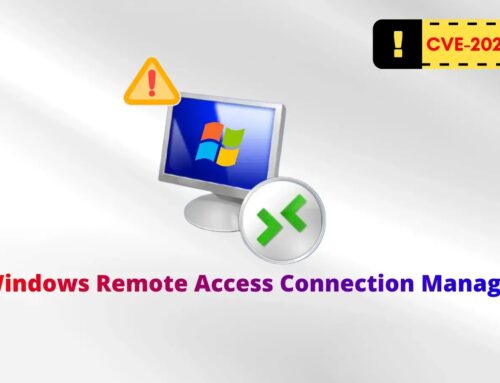
Cloudflare Launches MCP Server Portals – A Unified Gateway to All MCP Servers
In the expansive and increasingly interconnected world of modern enterprise, the proper management and security of internal communication protocols are paramount. Organizations grapple with vast, distributed IT environments, where securing every connection point becomes a monumental task. Cloudflare, a leader in cybersecurity and web performance, has launched a significant new capability designed to centralize and observe these critical internal connections: MCP Server Portals. This innovation, now in open beta, fundamentally reshapes how organizations can approach Zero Trust for internal Model Context Protocol (MCP) traffic, drastically reducing the attack surface and enhancing visibility.
Understanding Model Context Protocol (MCP) and Its Challenges
Before delving into Cloudflare’s solution, it’s essential to understand Model Context Protocol (MCP). While not widely publicized as a standard internet protocol like HTTP or DNS, MCP refers to internal, often proprietary, communication protocols utilized within complex enterprise infrastructures. These protocols typically facilitate communication between various internal services, applications, and data models, enabling operational workflows and data exchange. The challenge with MCP, especially in large-scale deployments, lies in its often siloed, direct connections. Without a centralized control point, applying consistent security policies, monitoring traffic, and enforcing Zero Trust principles across all MCP interactions becomes incredibly difficult. This distributed nature creates numerous potential ingress points for attackers, making it a prime target for lateral movement once an initial breach occurs.
Introducing Cloudflare MCP Server Portals
Cloudflare’s MCP Server Portals address this exact challenge head-on. By routing all MCP requests through a single portal endpoint, it transforms a sprawling network of direct connections into a unified, observable, and secured conduit. This centralized approach offers several robust benefits for Cloudflare One customers:
- Unified Gateway: Instead of managing numerous direct MCP connections, organizations now have a single, controlled entry and exit point for all MCP traffic. This simplifies network architecture and management overhead.
- Zero Trust Enforcement: Every MCP request, regardless of its origin or destination within the internal network, can now be subjected to rigorous Zero Trust policies. This means continuous verification of identity, device posture, and access context before any connection is allowed, significantly mitigating the risk of unauthorized access or lateral movement.
- Comprehensive Visibility: With all MCP traffic flowing through the portal, security teams gain unprecedented visibility into internal communication patterns. This allows for detailed logging, anomaly detection, and real-time monitoring of MCP interactions, crucial for identifying suspicious activities and potential threats.
- Reduced Attack Surface: By consolidating and controlling MCP access points, the overall attack surface is dramatically shrunk. This makes it significantly harder for malicious actors to exploit discrete, unmonitored MCP connections.
- Enhanced Security Posture: The ability to apply consistent security policies across all internal MCP traffic means a stronger, more resilient security posture. Organizations can enforce granular access controls, prevent data exfiltration, and ensure compliance with internal security mandates.
The Zero Trust Imperative for Internal Protocols
The concept of Zero Trust is moving beyond perimeter defense and is increasingly critical for internal network traffic. Traditional security models often trust internal users and systems implicitly, which is a dangerous assumption in the face of sophisticated cyber threats. Cloudflare MCP Server Portals exemplify the application of Zero Trust principles to internal, often overlooked, communication protocols. It operates on the principle of “never trust, always verify,” extending this rigorous approach to the heartbeat of an organization’s internal applications and data flows. This strategic shift is vital for preventing breaches that originate internally or those that pivot from an external compromise to move laterally within the network.
Architectural Benefits and Implementation
The architectural benefits of Cloudflare MCP Server Portals are substantial. IT and security teams can streamline policy management, automate access controls, and gain a consolidated view of their internal communication landscape. From an implementation perspective, the open beta status suggests a path towards broader adoption, enabling organizations to test and integrate this capability into their existing Cloudflare One deployments. This integration promises seamless operation within Cloudflare’s broader security ecosystem, leveraging existing configurations and policies.
Key Takeaways for Cybersecurity Professionals
For cybersecurity professionals, the launch of Cloudflare MCP Server Portals marks a significant advancement in securing complex internal environments. It underscores the importance of extending Zero Trust beyond external-facing applications to every corner of the corporate network, including often-obscured internal protocols like MCP. The ability to centralize, secure, and observe all MCP connections offers a powerful new tool in the ongoing battle against sophisticated cyber threats. Organizations leveraging Cloudflare One should explore the open beta to understand how this innovation can bolster their overall security posture, reduce operational complexity, and provide critical visibility into their most sensitive internal communications.





